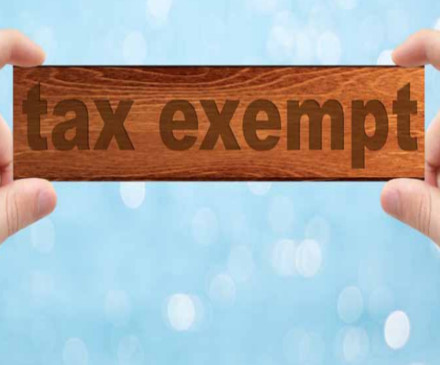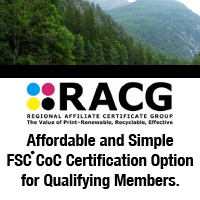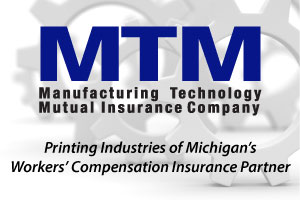By Bodman’s Workplace Law Practice

After years of anticipation, on May 18, 2016, the United States Department of Labor (DOL) issued Final Regulations changing the minimum salary requirements for exempt salaried executive, administrative, professional, and computer employees. This is the first change in DOL Regulations since 2004 when the minimum exempt salary requirement increased from $250 per week to the current $455 per week. The goal of these new Final Regulations is (1) to allow more employees who are currently exempt – and do not receive overtime pay – to be paid overtime (one and one-half times an employee’s regular rate of pay for all hours after 40 hours of work in a workweek) and (2) to raise the pay of many employees that the employer wishes to maintain as exempt. Employers will be forced to make tough payroll decisions regarding who will remain exempt and how to compensate the newly non-exempt employees.
Employees must still meet the existing “duties” test applicable to an executive, administrative, professional, or computer employees. Under the Final Regulations, beginning on December 1, 2016, the minimum amount an employer must pay an exempt salaried employee increases:
- To $913 per week (annually $47,476) for exempt executive, administrative, and professional employees.
- To $134,004 per year for highly compensated employees, which also must include at least $913 per week paid on a salary or fee basis, as defined by the DOL Regulations.
- To $913 per week (annually $47,476) for highly skilled exempt computer employees. These highly skilled computer employees may also be exempt if paid hourly at a minimum of $27.63 per hour (annually $57,470.40), which is unchanged from the current Regulations.
The salary levels will be indexed, with the minimum salary
level evaluated every three years beginning January 1, 2020, effectively guarantying raises for employees at or near the minimum salary level. No changes were made to the outside salesperson category or to the “duties” tests for the executive, administrative, professional and computer exemptions.
One element of the new Rule may benefit employers. Up to 10% of the exempt employee’s salary may be satisfied by the payment of “nondiscretionary bonuses, incentives, and commissions that are paid quarterly or more frequently. If by the last pay period of the quarter, the sum of the employee’s weekly salary plus nondiscretionary bonus, incentive, and commission payments received does not equal 13 times the [required] weekly salary,” the Final Regulations allow for a “catch-up” payment to meet the minimum requirements.
It is incumbent on all employers to remember that a salary under the DOL Regulations is more than just a “salary.” The Regulations define a “salary” as a predetermined amount of compensation paid each pay period with no reduction of pay because of variations of quality or quantity of an employee’s work. A bona fide sick pay policy is required. Deductions from “salary” are limited to those allowed by the DOL Regulations. Employers will be required to take action to meet these new challenges. To be ready for December 1, 2016 and beyond:
- Identify current exempt employees and their salaries;
- Determine the actual weekly hours that current exempt
employees work and their projected future hours over 40 in a
week after December 1, 2016; - Determine which exempt employees currently earning
less than $913 per week will be kept exempt and receive pay
increases; - Confirm that the DOL’s non-monetary salary requirements
are met for the exempt employees; - Ensure that the exempt employees meet the applicable
“duties” test; - Develop pay plans for the former exempt
Bodman can provide guidance on the new regulations and help your company meet compliance deadlines on
time and in a way it makes most sense for your organization. Contact Workplace Law Practice Group Leader
Maureen Rouse-Ayoub, client alert author Donald H. Scharg, one of the lawyers from the Workplace Law Group,
or your go-to Bodman attorney for more information.
Maureen Rouse-Ayoub
Chair, Workplace Law
Tel: 313-392-1058
Email: mrouse-ayoub@bodmanlaw.com
Donald H. Scharg
Member, Workplace Law
Tel: 248-743-6024
Email: dscharg@bodmanlaw.com







